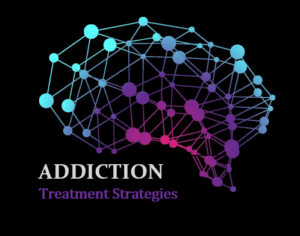Alcoholism Signs and Treatment
How Do You Recognize the Signs of Alcoholism and Help a Family Member?
That’s a difficult question. There is a number of variables, the age of the person, in terms of whether we’re talking about a young person sixteen or seventeen, or we’re talking about someone who’s in their thirties or forties. The most simplistic answer is if someone’s consuming a large amount of alcohol on a regular basis, perhaps, for example, they’re employed. They start missing work, their personal hygiene deteriorates, they no longer have the motivation to do anything other than drink, seek substances or their daily chores around the home start to fall off. All those things are for sure signs and symptoms in some of the elementary things. It’s primarily an inability to control the amount that they’re drinking with a continued increase in that volume and the inability and the inability to stop using.
Professional Treatment is the Way
It’s going to be very difficult to have that person seek treatment because, for the most part, the reward salience of that substance has now overpowered the part of the brain that’s responsible for regulations. The executive function of the prefrontal cortex is no longer able to stop the person from engaging in that behavior. Often times when that occurs the patient becomes extremely deceitful. Family members may know it, but the patient may not know they need treatment. So the most effective way to get those people involved in some type of treatment is to get them to a professional, have them, have them do a substance abuse assessment or a clinical history of what it is they’re consuming.
ATS Approach
What we look for here at ATS is what impact the drinking is having in four areas; health, legal, vocational, and relationships. Health-related issues, in terms of alcohol, what we’re looking for are elevated liver enzymes, we would send blood work off and urine work off, make sure liver enzymes are within normal limits. Legal implications, if they have a DUI or multiple DUIS or transportation of alcohol, those are always an issue. Vocational would cover if they have lost a job, are they at risk of losing a job as the result of their substance abuse, and is it interfering with a relationship.
Health, legal vocational, and relational issues are always questions we ask in an initial interview. Most places will do an interview for nothing or minimal cost to see if a person actually needs treatment.
Contact us at (618) 692-6880







Leave a Reply
Want to join the discussion?Feel free to contribute!